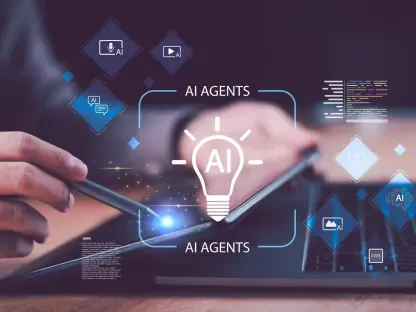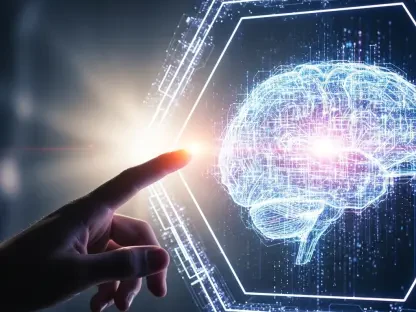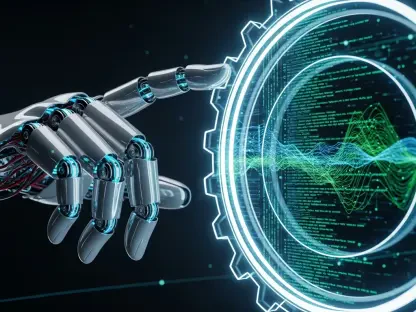Artificial intelligence (AI) is becoming increasingly integral within software development, transforming how developers approach complex tasks. Yet, as AI commodifies the production of code and information, an interesting paradox emerges—intelligence can be automated, but true understanding remains inherently human. This analysis investigates AI’s role in software development, exploring the tension between automated efficiency and the enduring necessity of human insight, guiding a path toward an optimal balance of technological and human capabilities.
Context and Significance of AI in Software Development
AI-driven systems have revolutionized productivity in software industries, providing tools to automate and scale operations that were once time-consuming. The very ability of AI to generate executable code challenges traditional perceptions, prompting profound discussions about the future of human roles and creativity in software design. Developers encounter a scenario where AI threatens to replace manual tasks but simultaneously elevates the importance of profound understanding—an innate human superpower that guides intentional and strategic development.
Examination of Market Trends and Analysis
Automation of Code: Efficiency with Complexities
The trend toward AI-generated code showcases impressive gains in simplicity and speed, yet also uncovers intricate challenges regarding code maintenance and integration. Industry data reveals the dual nature of AI interventions—while boosting productivity, they often necessitate careful human oversight to align outputs with strategic values. This has led to a reassessment of development paradigms, where AI assists rather than replaces the nuanced creativity and foresight that developers contribute.
Integration of AI with Human Strategy
AI tools offer significant promise, yet their effectiveness is contingent upon human stewardship. The market demonstrates that a blend of AI capabilities and human strategic insight is paramount to success. Developers increasingly must synthesize AI outputs with organizational goals, navigating AI’s limitations through cultivated human skills. Insights from various sectors suggest a paradigm shift, where humans uphold strategic directions while leveraging AI for routine tasks, ensuring software aligns with broader objectives.
Regional and Sectoral Dynamics
Around the globe, AI adoption in software development varies based on regional priorities and market expectations. In certain areas, there is a vigorous embrace of AI automation; conversely, some markets emphasize sustainable practices, embedding ethical considerations. This dichotomy reflects distinct strategic approaches, highlighting the need to debunk misconceptions about AI’s omnipotence. Instead, AI is positioned as a complement to human wisdom, enriching rather than overshadowing developmental processes.
Reflecting on Insights and Strategic Recommendations
Reflecting on the interplay between AI and human wisdom in software development challenges traditional notions of intelligence. The findings underscore that while AI has commodified coding tasks, developers’ human-centered abilities in understanding, creativity, and alignment remain vital. Moving forward, strategies that integrate continuous education in AI systems could empower developers to use AI effectively without compromising their creative vision. A cooperative atmosphere valuing both machine efficiency and human intuition ensures sustainable growth. These considerations highlight the path for organizations to harness AI as a supportive tool while maintaining human wisdom as the bedrock of innovation.









